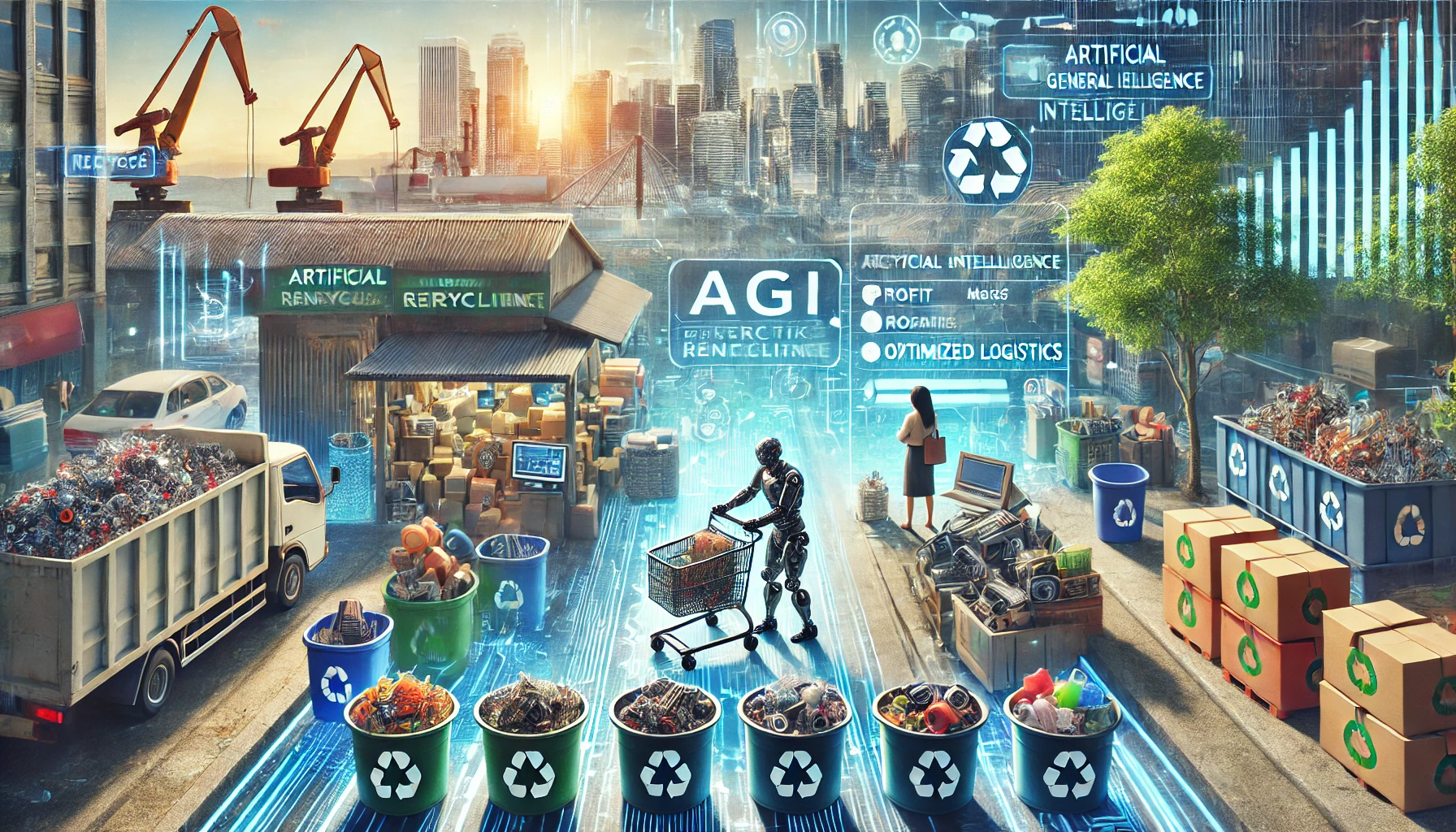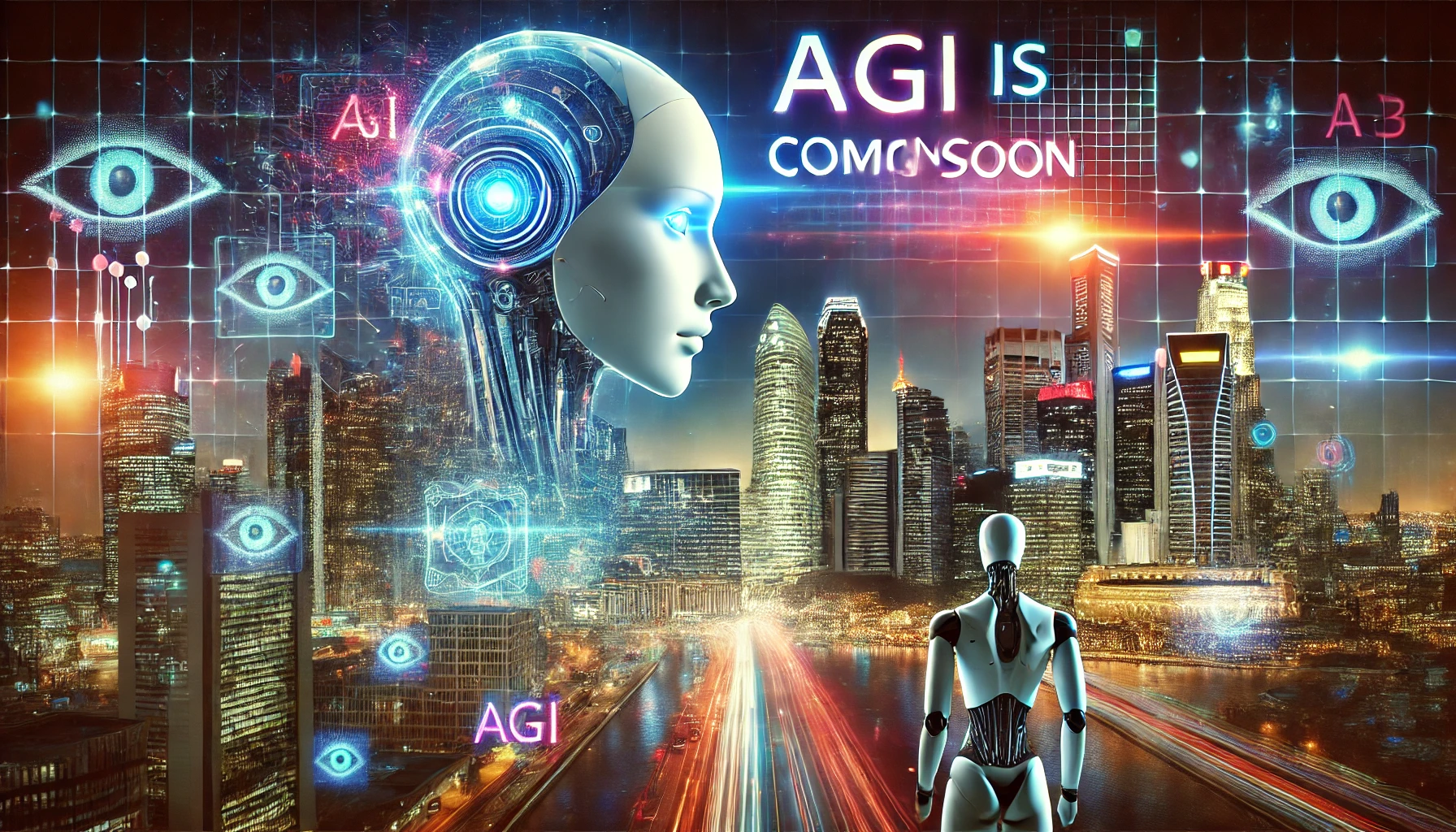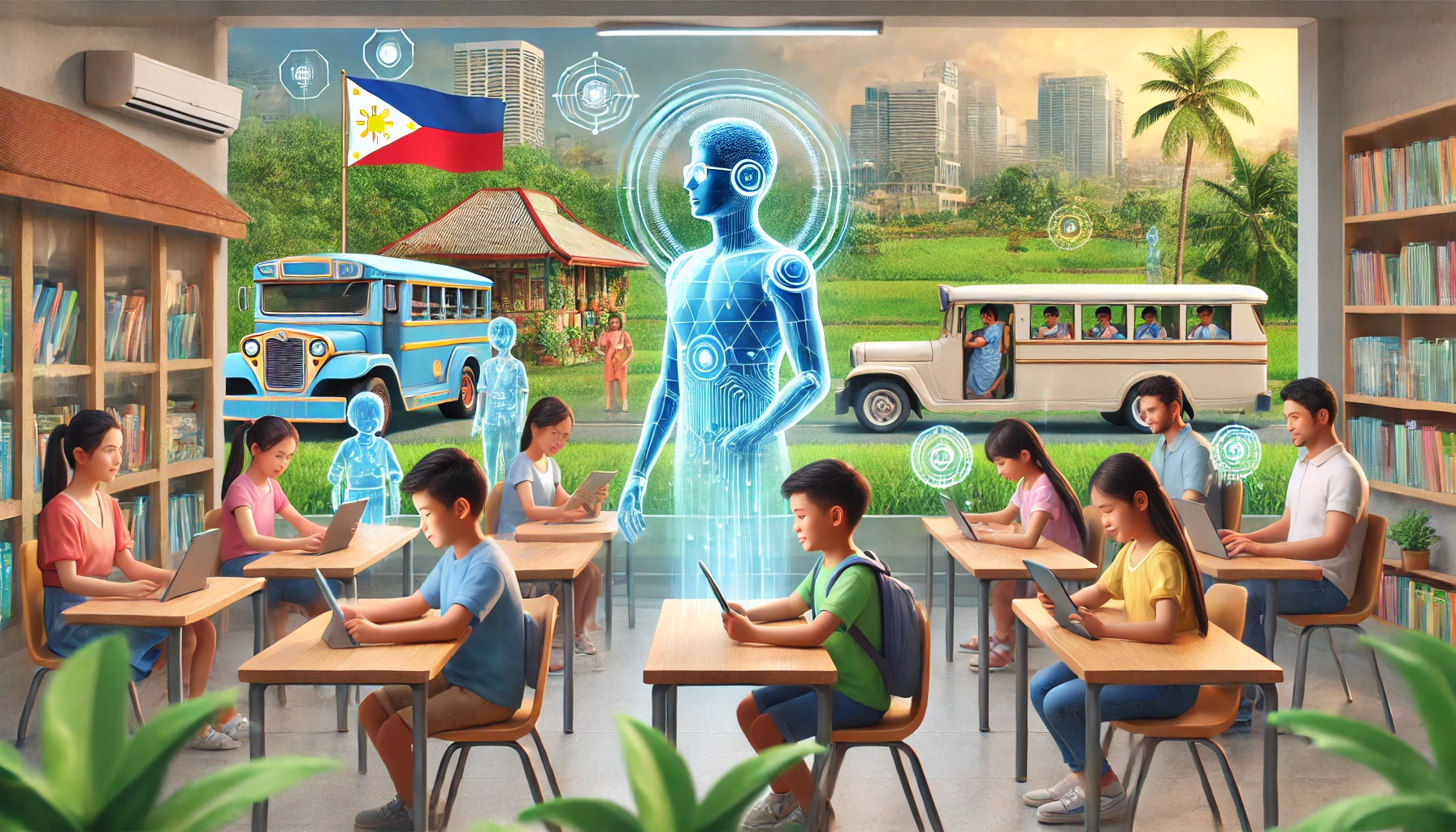As the global push for sustainability intensifies, the recycling industry in the Philippines is poised to benefit immensely from technological advancements like Artificial General Intelligence (AGI). AGI, with its ability to perform any intellectual task a human can, offers groundbreaking opportunities for recyclers to streamline operations, boost profits, and contribute to environmental conservation. Here’s how AGI can transform the recycling landscape in the Philippines:
1. Automating Material Sorting and Waste Identification
Traditional recycling operations often rely on manual labor to sort recyclable materials, which can be time-consuming, inefficient, and prone to errors. AGI-powered systems can:
- Identify materials with precision: Using advanced image recognition, AGI can distinguish between different types of plastics, metals, and paper, ensuring that recyclables are accurately sorted.
- Enhance efficiency: Automation reduces the need for human intervention, accelerating sorting processes and increasing throughput.
- Minimize contamination: Proper sorting leads to cleaner recycling streams, which command higher market prices.
For example, AGI-powered robots can sort plastics by resin code (e.g., PET, HDPE) or detect contaminants like food residue and separate them efficiently.
2. Optimizing Logistics and Operations
Recyclers often struggle with logistics, particularly in densely populated or remote areas. AGI can optimize routes and scheduling to maximize collection efficiency. Features include:
- Dynamic route planning: AGI systems can analyze traffic patterns, collection schedules, and waste generation rates to create cost-effective pickup routes.
- Predictive maintenance: AGI can monitor equipment performance and predict when repairs or maintenance are needed, reducing downtime and saving costs.
- Smart resource allocation: By analyzing operational data, AGI can suggest optimal staffing levels and equipment deployment.
3. Enhancing Market Analysis and Pricing Strategies
Recyclers often face fluctuating market prices for recyclables. AGI can provide insights into:
- Market trends: By analyzing global and local market data, AGI can forecast demand for specific materials and recommend when to sell or hold inventory.
- Dynamic pricing: AGI can determine the best prices for recyclables by factoring in transportation costs, processing fees, and market conditions.
- Identifying new opportunities: AGI can pinpoint emerging markets for unconventional materials, such as electronic waste or construction debris.
4. Advancing E-Waste Recycling
The Philippines generates significant amounts of electronic waste (e-waste), much of which contains valuable materials like gold, silver, and rare earth metals. AGI can revolutionize e-waste recycling by:
- Automating dismantling: Robots powered by AGI can disassemble electronics, recovering valuable components more efficiently than manual methods.
- Extracting precious materials: AGI can optimize chemical or mechanical processes to recover metals with minimal environmental impact.
- Tracking compliance: By monitoring regulatory changes, AGI can ensure recyclers adhere to environmental laws and certifications, opening doors to export markets.
5. Empowering Community-Based Recycling
Small-scale and community-based recycling efforts are common in the Philippines. AGI can help these recyclers compete by:
- Providing accessible tools: AGI-powered mobile apps can guide small recyclers on material identification, pricing, and market access.
- Facilitating collaboration: AGI can connect recyclers with manufacturers and buyers, creating a seamless supply chain for recycled materials.
- Supporting education: Training programs powered by AGI can teach communities how to sort, clean, and process recyclables more effectively.
6. Reducing Environmental Impact
Recycling is not just about profits—it’s also about sustainability. AGI can help recyclers achieve environmental goals by:
- Optimizing energy use: AGI can monitor and reduce energy consumption in recycling facilities.
- Reducing waste: Smart algorithms can minimize the amount of non-recyclable waste generated during processing.
- Monitoring emissions: AGI can track greenhouse gas emissions and suggest ways to lower them, contributing to the Philippines’ climate goals.
Challenges and Considerations
While AGI offers transformative potential, recyclers must address several challenges:
- High initial costs: Implementing AGI systems requires significant investment. Public-private partnerships or government grants could help bridge the gap.
- Skill development: Workers will need training to operate and maintain AGI-powered systems.
- Data privacy: Ensuring secure handling of operational data is crucial to avoid misuse or breaches.
Conclusion
The integration of Artificial General Intelligence in the Philippine recycling industry offers a pathway to increased profitability, efficiency, and sustainability. By embracing AGI, recyclers can tap into smarter operations, uncover new revenue streams, and contribute to a greener future. With the right investments and collaborations, AGI has the potential to revolutionize recycling, making it not just a business opportunity but a cornerstone of environmental stewardship in the Philippines.
[SEO optimized]


